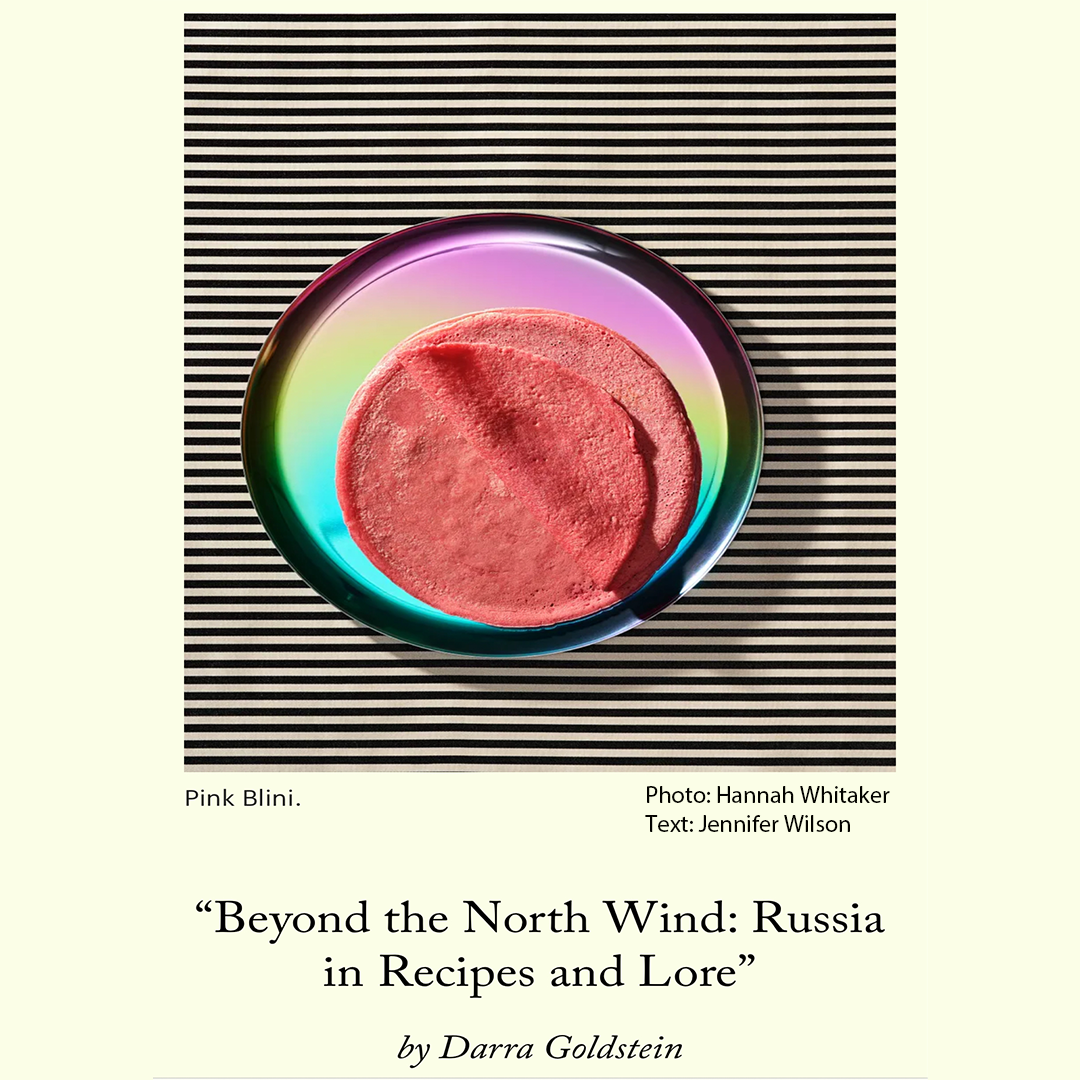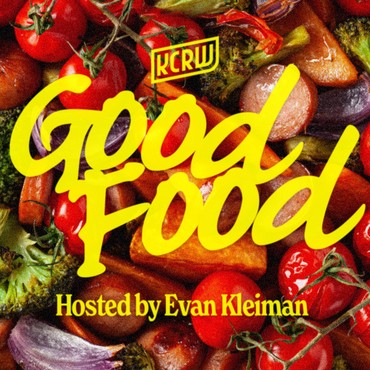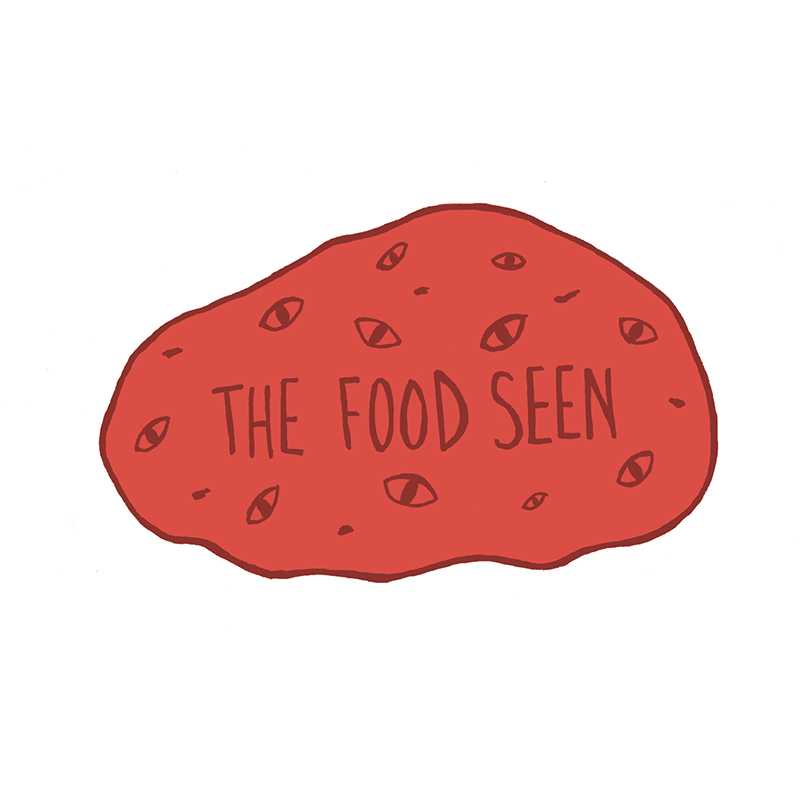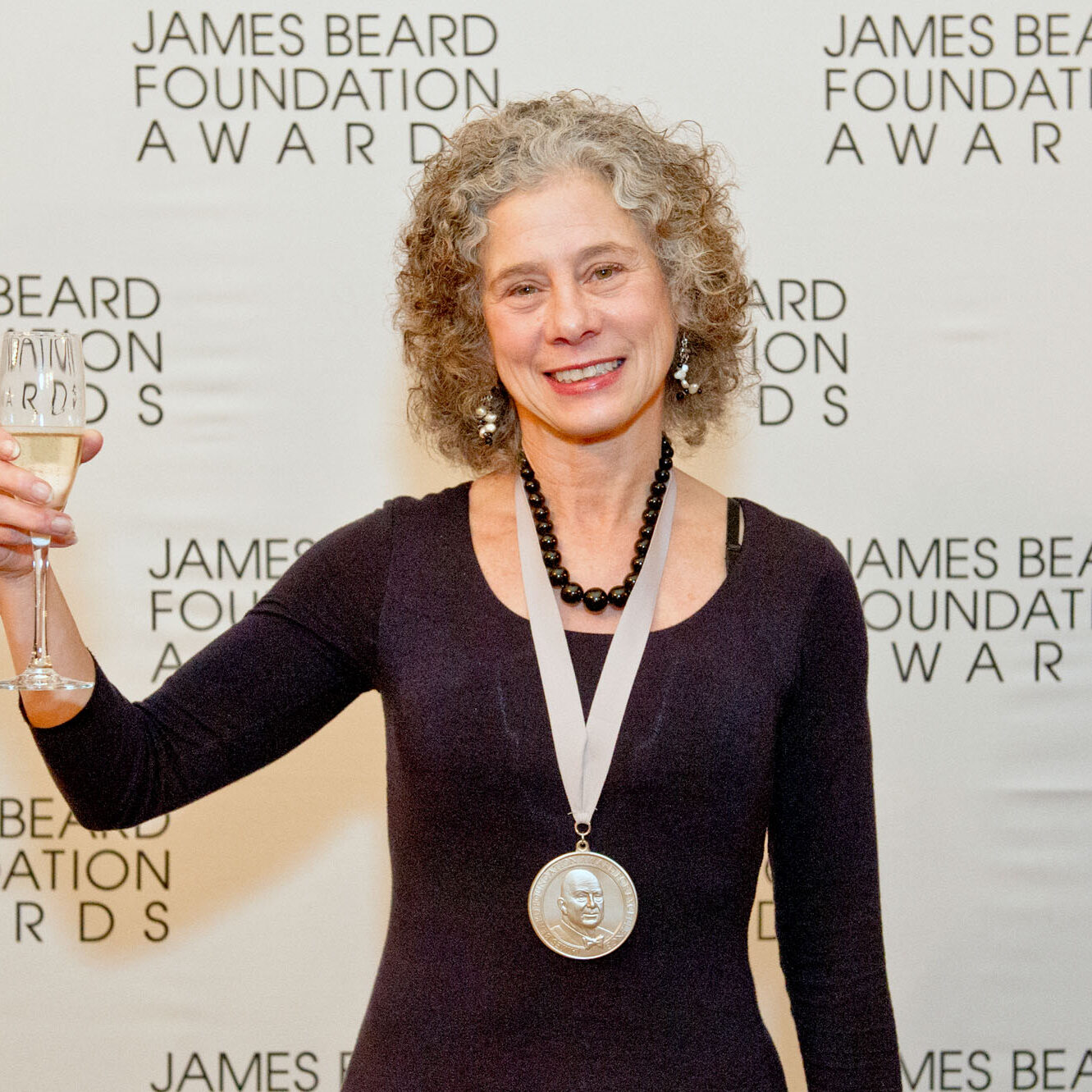Selected Awards + Fellowships
- James Beard Foundation Publication of the Year for Gastronomica (2012)
- James Beard Foundation finalist for Fire + Ice: Classic Nordic Cooking and The Oxford Companion to Sugar and Sweets (2016)
- IACP Julia Child Award for Cookbook of the Year for The Georgian Feast (1994)
- IACP Finalist for Fire + Ice: Classic Nordic Cooking (2016) and Baking Boot Camp (2008)
- IACP Finalist for Beyond The North Wind in Best International Cookbook and Best Travel Cookbook (2020)
- IACP Lifetime Achievement Award (2020)
- Sakhelebi Prize for outstanding contributions to Georgian culinary culture, 2022
- Macgeorge Fellow in Food Studies, University of Melbourne (2016)
- Distinguished Fellow in Food Studies, Jackman Humanities Institute, University of Toronto (2012-13)
- Mary W. Klinger Book Award, The Society for Ethnobotany for The Kingdom of Rye: A Brief History of Russian Food (2023)
- Longlist, André Simon Award for The Kingdom of Rye (2023)
Selected Press

“Beyond the North Wind” is not the kind of cookbook cranked out to satisfy some flavor-of-the-month trend. This is a masterwork, the culmination of author Darra Goldstein’s lifelong dedication to Russian food and culture. Goldstein is a scholar, but at heart, she’s a poet, with the ability to see beyond stereotypes to capture the essence and humanity of her subjects.
The book’s title is a reference to Hyperborea, a mythic place “beyond the north wind,” where the sun always shined and people lived in harmony with nature. Soviet-era researchers speculated that Hyperborea was actually located in northwestern Russia, a frigid environment above the Arctic Circle where, historically, locals were safe from foreign invaders. Goldstein adopts the Greek legend as shorthand for her research into Russian gastronomy in the far north, those traditions mostly untouched by outside influences, including the Russian Revolution and the gross improvisations demanded by Soviet scarcity.
Goldstein cuts through the cliches: Russians drunk on vodka (the spirit has a complicated history, she points out, its consumption often encouraged to raise revenue and weather the long, lonesome winters), crimson bowls of borscht (it’s actually Ukrainian) and plates of bland, potato-heavy dishes with little appeal to Western palates. In page after meticulously researched page, Goldstein explains how Russians have summoned a bounty of flavors from a brutal landscape that, at first glance, seems to offer little.
Tangy Russian syrniki, or farmer cheese pancakes, can be enjoyed sweet or savory
Fermentation. Foraging. Preservation. These skills became playthings for chefs across the globe once René Redzepi showed what pleasures his Noma kitchen could derive from plants, insects and animal parts that few would have considered “ingredients.” But these skills and techniques are at the heart of traditional Russian cooking, Goldstein tells us. You and I might look at a grove of birch trees and see nothing but a forest. Russians see sweet sap juice, inner-bark flour and a fungus used in traditional medicine.
The dishes in “Beyond the North Wind” may have been born of survival, but they have a quiet elegance. Pickled spring smelts that taste of cucumbers. Syrniki, farmer cheese pancakes, topped with fresh sour cream, its acid the perfect counterbalance to the sweetened batter. Marinated mushrooms that act as a kind of bar nuts for vodka. Russian hand pies, stuffed with sauerkraut and mushrooms, that remind me of the runzas of my Nebraska youth. Goldstein has done more than collect Russian recipes and lore; she has asked us to embrace the dignity, hospitality and ingenuity of people too often caricatured as the impoverished enemies of America. — Tim Carman
Make the recipe: Syrniki (Farmer Cheese Pancakes)




















